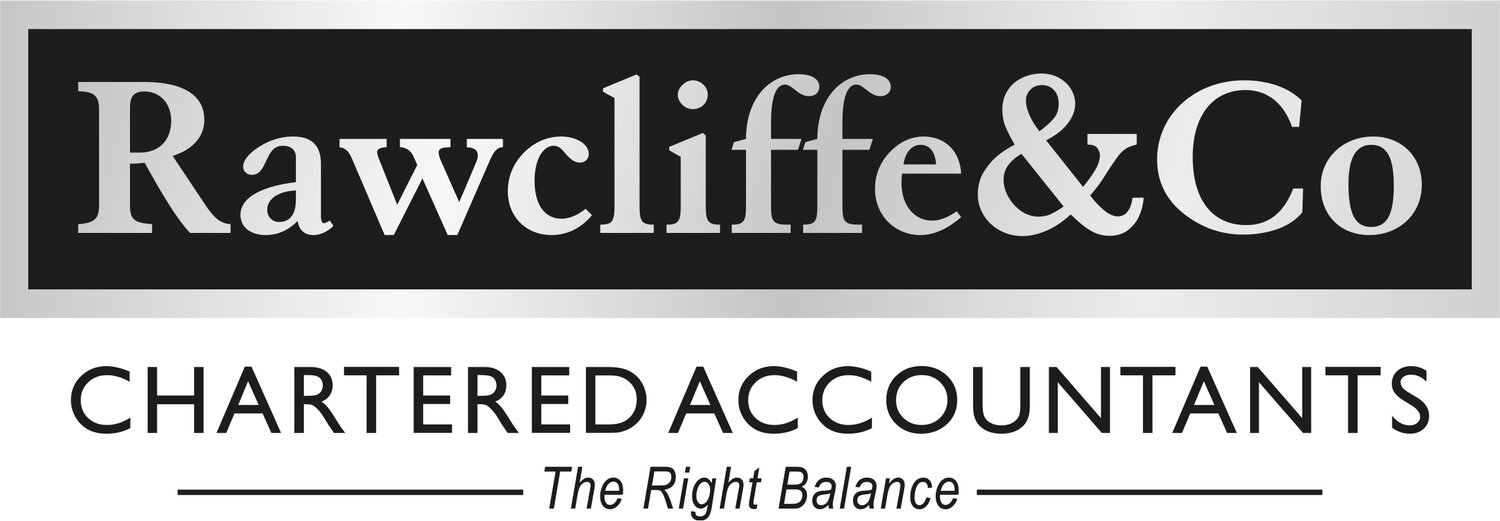Are You Trading?
2024 was the first year for which digital platforms such as Amazon and eBay were required to send information about vendors to HMRC. The reporting requirements apply unless the vendor made fewer than 30 sales in a year and received less than €2,000 (approximately £1,700) for those sales.
The new rules merely strengthen HMRC’s data collection powers and do not create any new tax obligations for individuals. It does however mean that if an online trader has not been declaring their income, HMRC are more likely to find out about it!
There has been a lot of misinformation online and on social media surrounding the new rules, leading people to believe that they’ll have to pay tax on their sales from having a clear-out and selling their unwanted possessions! This isn’t necessarily the case. In a recent educational campaign, HMRC set out the circumstances in which tax would be due. They say, “Selling stuff for some extra money might just feel like a fun hobby you do on the side, but it could also count as something HMRC calls ‘trading’”. The definition of trading is complex, but generally it means that the activity is pursued with a view to making a profit. HMRC go on to say. “Just casually selling some unwanted personal belongings from time to time? It’s unlikely you’ll need to pay any tax on this.”
The campaign also addresses the £1,000 trading allowance. If a person’s sales income from trading is £1,000 or less in a tax year, that trading income does not need to be declared; if sales from trading exceed £1,000, then that trade needs to be declared on a self-assessment tax return.

